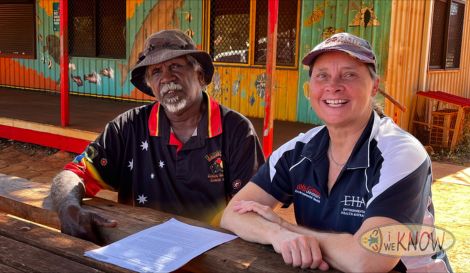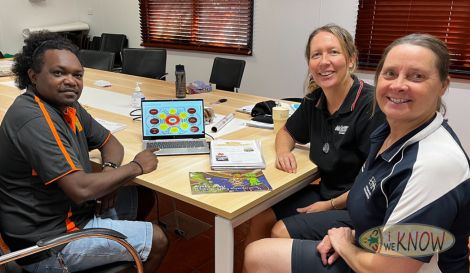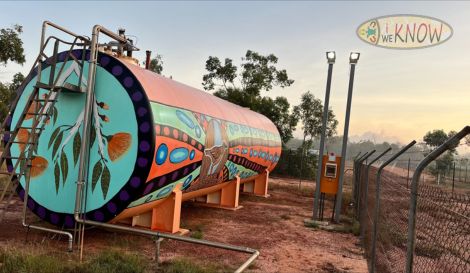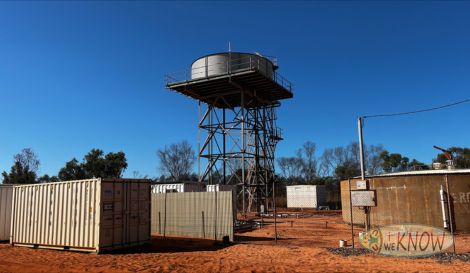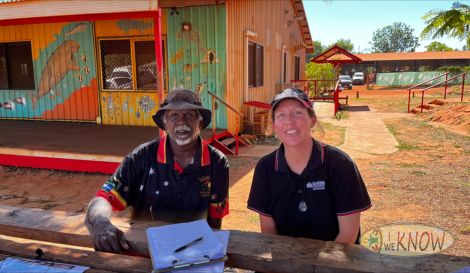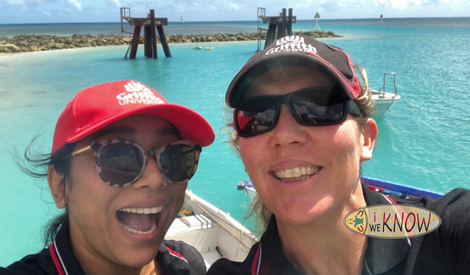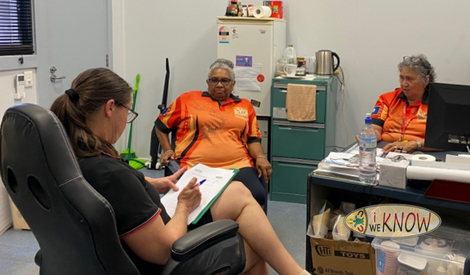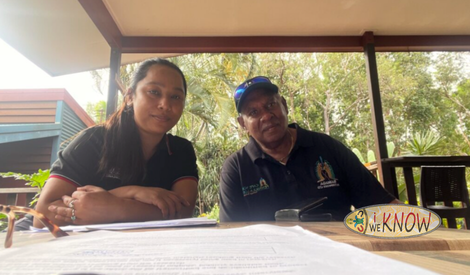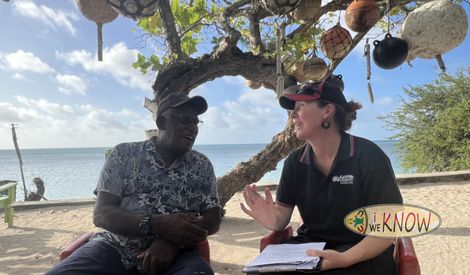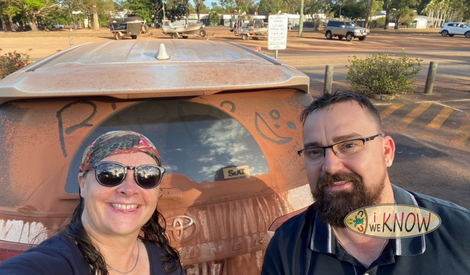Tackling water and energy inequality in Australia's remote communities
Despite being one of the wealthiest countries per capita, many of Australia's Indigenous and Islander communities in remote areas still lack clean, safe, and reliable water and energy services. Data from The Lancet Global Health highlights how racism, social exclusion, and discrimination hinder access to safe water and sanitation, even in high-income countries like Australia.
Our researchers are developing transformative, community-based governance approaches to deliver climate-resilient and sustainable water, energy, and waste systems in remote and isolated communities in Australia and the Pacific. We have a successful track record of project collaboration with remote and isolated communities throughout the Torres Strait Islands, Cape York, and remote Northern Territory areas. By working directly with these communities and local industry partners, our researchers aim to ensure that the solutions we develop are tailored to their unique needs and circumstances. We are experts in creating solutions that are:
Fit for Purpose
Technically appropriate systems
Fit for Place
Environmentally appropriate solutions
Fit for People
Economically, socially, and culturally appropriate services
Sustainable Development Goals
Griffith University is aligned to the United Nation's Sustainable Development Goals (SDGs) and is committed to ensuring clean water and sanitation, affordable and clean energy, and the preservation of marine life, working towards a sustainable and environmentally responsible future.
International recognition for iKnow, weKnow: Top 20
We are proud Dr. Melissa Jackson and the iKnow, weKnow: Co-designing a Resilient Water and Energy Toolbox for Aboriginal and Torres Strait Island Communities project have been Top 20 shortlisted in the Science Engagement category of the FallingWalls GlobalCall24, and aiming for the ScienceBreakthrough of the Year! Melissa is looking forward to networking with professionals and innovators at the ScienceSummit24 in Berlin from 7 to 9 November. This year’s Global Call received more than 1,100 nominations from over 300 different institutions, showcasing innovative scientific advancements and impactful initiatives across various fields.
iKnow, weKnow
The iKnow, weKnow: Co-designing a resilient water and energy toolbox for Aboriginal and Torres Strait Island communities project is a three-year project (2023-2026) funded by project partners in Queensland, Western Australia, Northern Territory and a Australian Research Council (ARC) Linkage grant. We are now finishing the first year and focused on establishing whole-system baseline information on water and energy.
The name iKnow, weKnow represents the combination of Indigenous knowledge, technical water and energy expertise, and digital technologies. It emphasises inclusivity, transitioning from individual behaviours to collective action to ensure water and energy security, through good water management, water conscious usage, and access to clean and efficient energy sources, in a climate-changed future remote and isolated communities in Australia.
Aim
Our aim is to collaboratively create a toolbox of innovative, community-based approaches for water and energy management in remote Australia. By integrating digital and cultural methods, we will develop a unique set of tools to engage both community members and service providers, transforming water and energy use practices in remote Indigenous communities through the promotion of conscious water and energy usage, while educating local communities about the importance of energy efficiency, and affordable and clean energy. We are conducting the project with four remote communities – Djarindjin (Western Australia), Atitjere (Northern Territory), Mapoon and Warraber (Queensland).
Objectives
Assess and understand whole-of-system baseline water and energy systems in three states/territories.
Co-design new tools with communities and key actors to support transformative water and energy management.
Trial, monitor and evaluate, through participatory processes, the impact and effectiveness of the co-designed tools.
The toolbox
The key output from this program of work will be an empirically tested, culturally appropriate and user-friendly water-energy toolbox tailored to reduce the currently extreme cost of supplying essential services to remote communities. It provides opportunities for the local community to learn about SDG 6 Clean Water and Sanitation and SDG 7 Affordable and Clean Energy. Outputs include the provision of educational opportunities for communities, including workshops, to learn about good water management, conscious water use, and the importance of energy efficiency and clean energy. Application of these outputs will significantly reduce demand on local water sources and diesel-generated energy use while creating a skill base for local employment opportunities.
Mark David
Traditional Owner; Operations Manager - Water, Torres Strait Island Regional Council
Partner Investigator



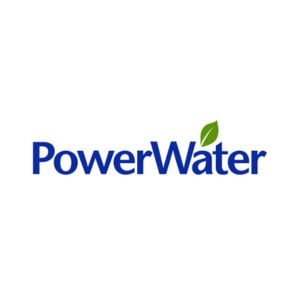
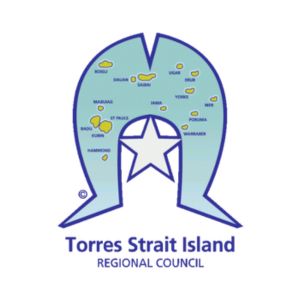
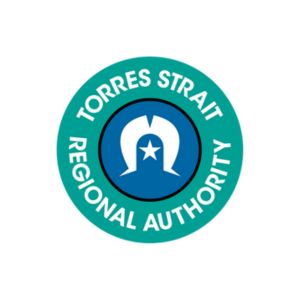

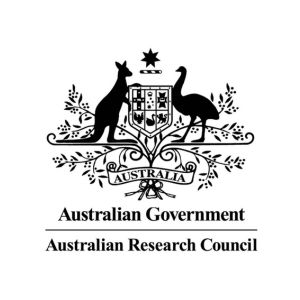
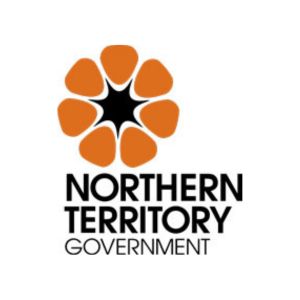
Our research candidates
Our doctoral candidates are essential team members, undertaking and supporting award-winning research. Students come from Australia and overseas and are funded by a mix of scholarships including Australian Research Council Linkage Project scholarships, Griffith University scholarships, and a CRC RACE for 2030 PhD scholarship provided by Horizon Power and Western Power. Current research candidates and students:
Cynthia Coyne - Developing community management strategies to support renewable energy in Indigenous communities
Afifah Eleksiani - Assessing the impacts of renewable energy intervention to climate-resilient isolated communities
Samantha Guy - Strengthening the resilience of water and energy management in discrete Indigenous communities
Scholarship available: Join us!
Funding is allocated for an Higher Degree Research (HDR – PhD) candidate to support research into the iKnow, weKnow project. The PhD project will explore pragmatic research questions relevant to the project aims, and may include Indigenous governance, Indigenous pedagogies and Indigenous methods of community engagement, codesign processes and integration of multiple types of knowledge – e.g. traditional, local and Indigenous Ecological Knowledge, with technology and digital interfaces to identify effectiveness of uptake and impacts on sustainability of supply and end uses of energy and water in remote community contexts.
The PhD will focus on co-designing fit for purpose, fit for place water and energy management tools/approaches and demonstrate the feasibility of the approach for planning and management. The PhD research will have elements of action research and draw on mixed methods and will suit candidates interested in contributing to impactful research outcomes and building skills in interdisciplinary and transdisciplinary research.
Building Water Security and Climate Resilience in Torres Strait and Cape York Communities
The Building Water Security and Climate Resilience in Torres Strait and Cape York Communities project is a collaborative action research initiative between Torres Cape Indigenous Council Alliance (TCICA), Griffith University, and TCICA councils. This project leverages community-centred engagement and education tools to overcome barriers to sustainable and climate-resilient water management and governance in the region. The project is funded by the Australian government through the FRRR. The project is halfway through scheduled fieldwork, and data analysis is commencing using the valuable insights from engaged communities.
Aim
The project's main aim is to strengthen the capacity of TCICA councils and communities to understand risks to water security and employ locally and culturally relevant strategies to address them. Griffith University with TCICA are working with remote and isolated indigenous councils in the Northern Peninsula Area, Torres Straits, Aurukun, Mapoon and Yarrabah to trial community-centred water management.
Objectives
With active involvement from TCICA members in both Queensland and Commonwealth government planning processes, the project focuses on formulating place-based responses to core commitments, such as addressing climate change and enhancing the resilience of public infrastructure to effectively withstand natural disasters.
The project contributes to broader regional planning through evidence-based learning.
The project contributes to broader regional planning through evidence-based learning.
Key initiatives supported by the project
Neville Bonner Award for Indigenous Education
iKnow, weKnow project co-investigator Associate Professor Kerry Bodle is the recipient of the Neville Bonner Award for Indigenous Education 2023. The Neville Bonner Award for Indigenous Education is part of the Teaching Excellence Awards that recognise Australia's most outstanding university teachers or teaching teams who have demonstrated excellence, leadership and sustained commitment to teaching and learning in higher education. Congratulations Kerry!
Safe versus preferred: Best poster
Access to safe and reliable drinking water in some remote Australian communities falls substantially short of the UNSDG6 Water and sanitation for all. The Safe versus preferred: How perceptions, preferences and values can influence drinking water choices in Indigenous communities project’s objectives were to understand: the range and preferences of different drinking water sources; household drinking water treatment practices and attitudes; and the values people have on different drinking water sources.
Understanding perceptions, preferences and values has been critically important for identifying and implementing culturally informed and effective approaches to promoting conscious water usage in the community.
This work was awarded the best poster at IWA and Water Research Australia’s WaterMicro 23 Conference, attended by over 200 delegates from across the world held in Darwin, June 2023.
Aunty Mati - The Water-Saving Superhero
Kura’s adventures take place on one of the many islands in Zenadth Kes (Torres Strait). This book is aimed at primary school children to start a fun conversation about the importance of being water-efficient in your community.
In the Aunty Mati project, educational opportunities focused on community-led discussions and education sessions around water demand and effective management, as well as socio-culturally appropriate water efficient approaches and strategies. The Griffith University team worked with Indigenous Councils and organisations (TSIRC/TSRA) and Sustainability Officers to implement strategies and build capacity within local communities for effective water management. School-based community education focused on water efficiency, outdoor water use, water security, and good water management. Children discussed the importance of water security and water equity for future generations.
Being water conscious is an important part of caring for country and can start from a young age. Children might even enjoy reminding their parents, aunties, uncles and grandparents to practice water saving behaviours!
Read the book About the research

Selected publications
PhD opportunities with the team
Are you interested in undertaking a PhD in this space? We have supervisors available in areas such as water engineering, civil and environmental engineering, public health, urban planning, and public policy. The Institute offers an excellent PhD program offering peer-support and the Remote Indigenous Communities research team can provide you with industry and community contacts, and support your access to both data and remote Australian communities.
Please contact the researcher most aligned with your research interests in the first instance. If you are uncertain who might be best placed as a possible supervisor, feel free to contact Professor Cara Beal.
